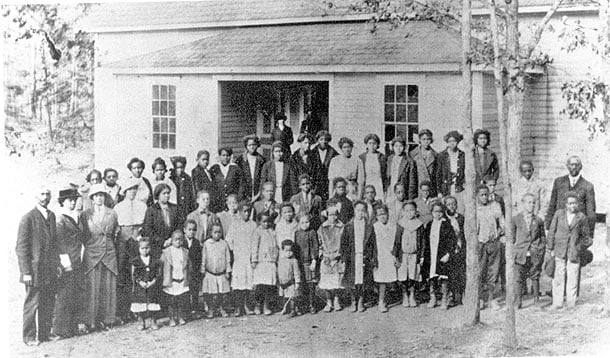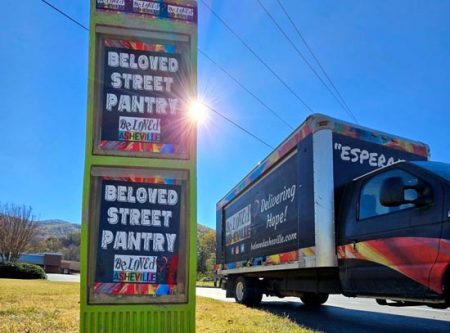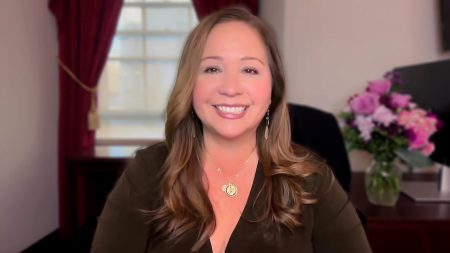The Western North Carolina Historical Association Celebrates Black History Month
Acknowledging and remembering the enduring stories that define and shape our region.

This month join the Western North Carolina Historical Association via Zoom to explore African American history in WNC.
The Brevard Rosenwald School
On Thursday, February 17, 2022, beginning at 6 p.m., Betty J. Reed will discuss her research into Brevard’s Rosenwald School, one of more than 5,000 schools built to educate Black children in the Jim Crow South during segregation. This school served African American students in Transylvania County from 1923-1966 and, according to Reed, represents “a microcosm of Black education in southern Appalachia.”
Register for the program by going to www.wnchistory.org/event/wncha-history-hour-the-brevard-rosenwald-school.

Buncombe County Remembrance Project
On Thursday, February 24, 2022, beginning at 6:30 p.m., Dr. Joseph Fox of the Buncombe County Remembrance Project will lead a virtual discussion on the work and historical research of this organization dedicated to acknowledging and remembering victims of lynching as well as fostering healing, conversations, and reconciliation events.
Admission is free, but a $10 donation is suggested. Proceeds are shared with the Dr. Martin Luther King Jr. Association of Asheville and Buncombe County.
Register for the program by going to www.wnchistory.org/event/wncha-history-hour-the-buncombe-county-remembrance-project.
Virtual Exhibits
The Western North Carolina Historical Association celebrates the enduring stories that define and shape our region. Explore more stories of people from all backgrounds who have called western North Carolina home online through these free virtual exhibits.

Old Shiloh: A History
Old Shiloh was one of Asheville’s first communities established by emancipated people. The Shiloh AME Zion Church and its surrounding residences comprised one of Asheville’s first communities established by emancipated people after the Civil War. The community was established as early as 1874 when two African American men, John Smith and Joseph McFarland, purchased land from a white man, Montraville Patton.
Patton had enslaved a large number of people in the Asheville area, and it is possible that many of the people who founded Shiloh had formerly been enslaved on the property. The same year that Smith and McFarland received the deeds to their parcels in Shiloh, the Shiloh AME Zion Church was founded, and more families began to purchase land in the community.
To view this exhibit, go to www.wnchistory.org/virtual-exhibits and scroll down to Old Shiloh: A History.
The South Asheville Cemetery
The South Asheville Cemetery was founded in the early 1800s as a burial ground for people who had been enslaved by the Smith family–the first family to live in what is currently known as the Smith-McDowell House, a ca.-1840s brick mansion that is now our home.
To view this exhibit, go to www.wnchistory.org/south-asheville-cemetery.








